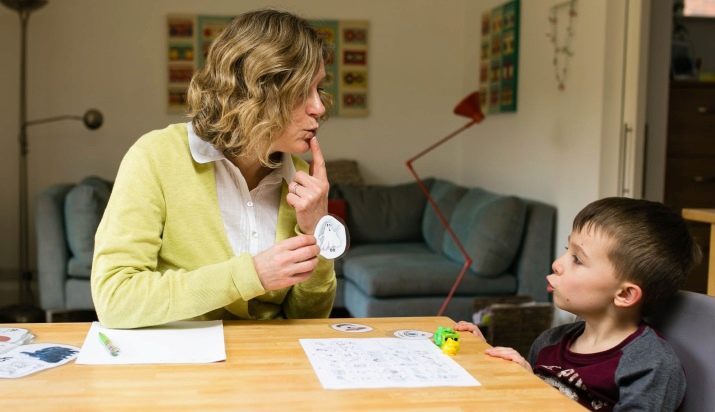Teacher-defectologist: features, pros and cons, necessary knowledge

Every parent dreams of a healthy and successful child who can conquer any heights. Sometimes, in order to achieve this goal, the child needs qualified assistance, which a teacher-defectologist is ready to provide.
Description
In modern conditions of life, a teacher-defectologist is a very popular profession, because every year there are more and more children with developmental disabilities. Despite this, many parents are wary of this specialist, referring the scope of his activities exclusively to work with mentally retarded children.
Today, a defectologist is a specialist engaged in the study and identification of children with developmental and behavioral difficulties, as well as the upbringing and socialization of children with disabilities.
His work is always individual in nature and is aimed at the development of the child in accordance with his personal rate of maturation.
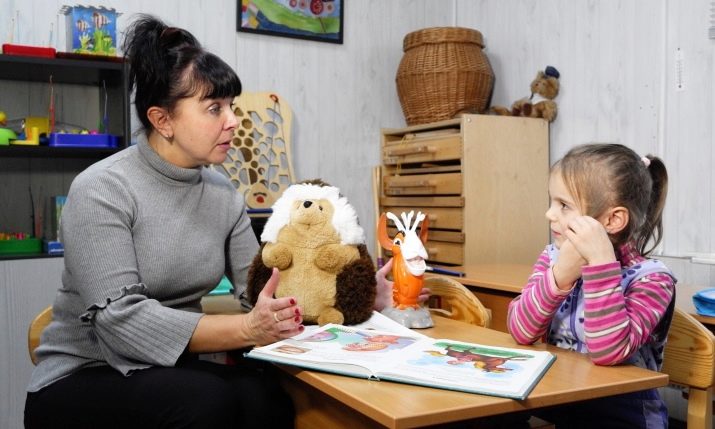
A specialist in this industry has knowledge in medicine and pedagogy, including in his activities the tasks of the following professions:
- speech therapist;
- deaf teacher;
- oligophrenopedagogue;
- typhlopedagogue.
The profession of a speech therapist in the branch of a defectologist is to work with children with speech impairments, errors in pronunciation of sounds. Deaf pedagogy and typhoid pedagogy are affected by a defectologist in developing activities with hearing impaired children and children with visual impairments. Oligophrenopedagogy is aimed at working with children with various degrees of mental development.
As a rule, a teacher-defectologist has a specific narrow specialization.
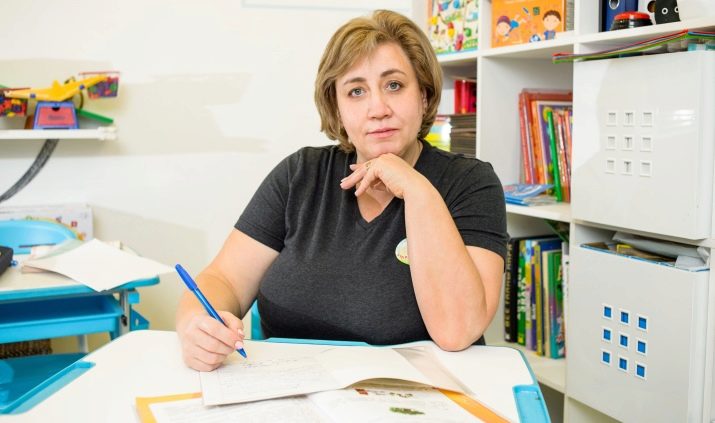
Algorithm of specialist tasks:
- diagnosing the problem a specific child at the request of an educator or teacher;
- identification of unfavorable outcomes situations with untimely assistance;
- preparation of an individual or group program to correct behavior and development;
- carrying out in accordance with the drawn up training program individual or group orientation;
- dynamic monitoring of the progress of work and the results of correctional activities;
- work and consultations with teachers and parents of the child.
The specifics of this specialist's work does not include teaching children arithmetic, reading or writing.
A defectologist works with the causes of difficulties in the above areas.
So, the development of spatial thinking, sensory and sensorimotor development, enrichment of vocabulary and the formation of ideas about objects and skills contribute to the elimination of problems in the educational process.
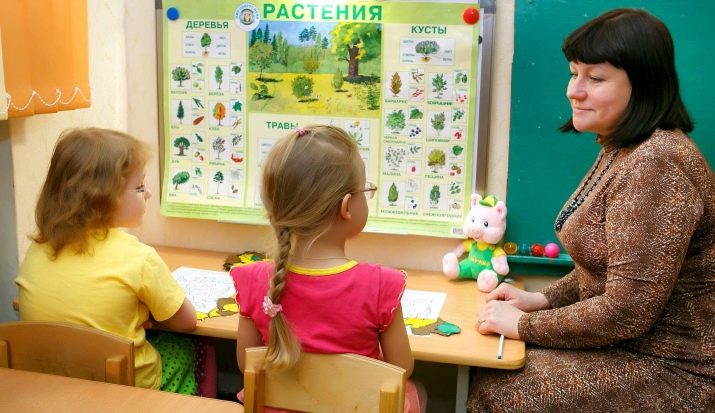
Advantages and disadvantages
Narrow work related to the well-being and health of children will always be in demand and necessary. This is its main advantage, because a professional working in this industry will always be able to find clients.
Other advantages are:
- high social value of the profession - Defectologists help children to enter society and find their place in it;
- opportunity for professional growth and development - studying and working on various methods allows the teacher not to dwell on a specific teaching model;
- short work day - as a rule, teachers-defectologists have several lessons a day, which take 5-6 hours;
- extended leave (for budgetary government organizations);
- the possibility of conducting private appointments - there is always a queue of clients ready to study at extra hours for good and competent specialists.

Despite the large number of advantages, this work also has some disadvantages:
- high emotional workload - a teacher-defectologist should be not only a teacher, but also a friend, able to find a common language with any child who has any deviations;
- low salary in state budgetary institutions;
- impossibility of developing an optimal and effective program, capable of influencing every child, in any particular situation there must be its own program, which must be constantly adjusted along the way of implementation;
- high competition - as a rule, teachers-defectologists are able to work effectively at any age, and therefore it can be difficult for young specialists to find their place.
Summarizing the above, we can say with confidence that the position of a teacher-defectologist is interesting and significant, but it requires high dedication and emotional stress.

Knowledge and skills
A specialist in the field of defectology is a highly educated person who has a large store of knowledge in his arsenal and is able to apply it.
A defectologist must have perfect knowledge of:
- developmental and special pedagogy and psychology;
- anatomical and physiological defectology;
- methods and techniques for correcting deviations in behavior and development;
- the latest technologies and methods of working with children with developmental disabilities.
In addition to knowledge, the teacher must have the skills:
- projection and planning of the work process, taking into account the existing and acquired knowledge and skills of the child;
- development of individual programs aimed at a specific child;
- application of various methods and technologies in teaching children;
- providing assistance and consultation with educators and parents.

Personal qualities
A defectologist works with children, and therefore special attention is paid to his personal qualities. So, in a teacher-defectologist they value:
- optimism;
- high efficiency;
- ability to empathize;
- stress tolerance;
- high level of organizational skills;
- love for children;
- ability to make quick decisions.
Thus, a teacher-defectologist should be a person who loves children and wants to help them, capable of changing in accordance with a specific situation and developing in this area.
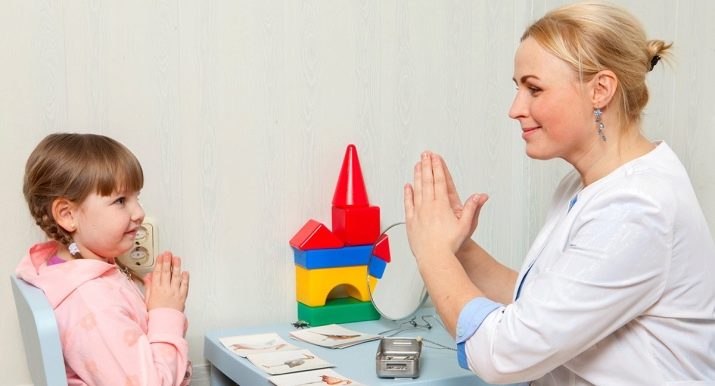
Work and training
A defectology teacher must be trained in the specialties "Special preschool education" or "Correctional pedagogy in primary education." Usually, you can get it in institutions of secondary vocational education... Higher education institutions also provide training in the industry, allowing students to delve into highly specialized areas, whether it is deaf pedagogy, typhlopedagogy, oligophrenopedagogy or speech therapy.
In addition, there are a number of training courses for advanced training, acquaintance with new methods and technologies.
The training and development of a teacher in special pedagogy is an ongoing process and does not end with the receipt of a certificate of education.
Today, defectologists are needed by private and state kindergartens and schools, special institutions, orphanages and boarding schools, as well as rehabilitation centers. In addition, in-home private practice is widespread in the industry.
